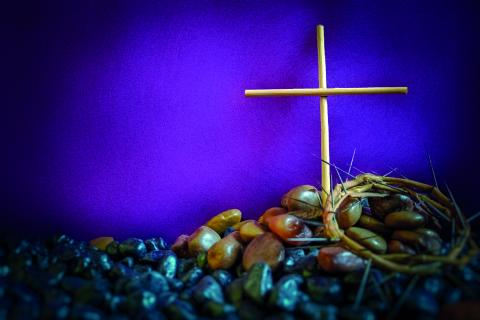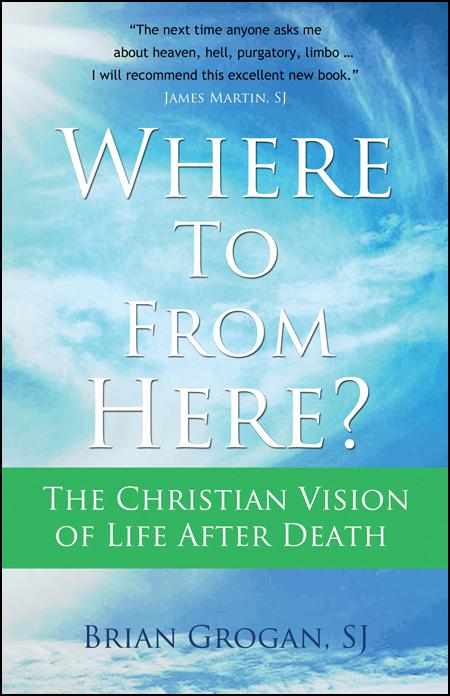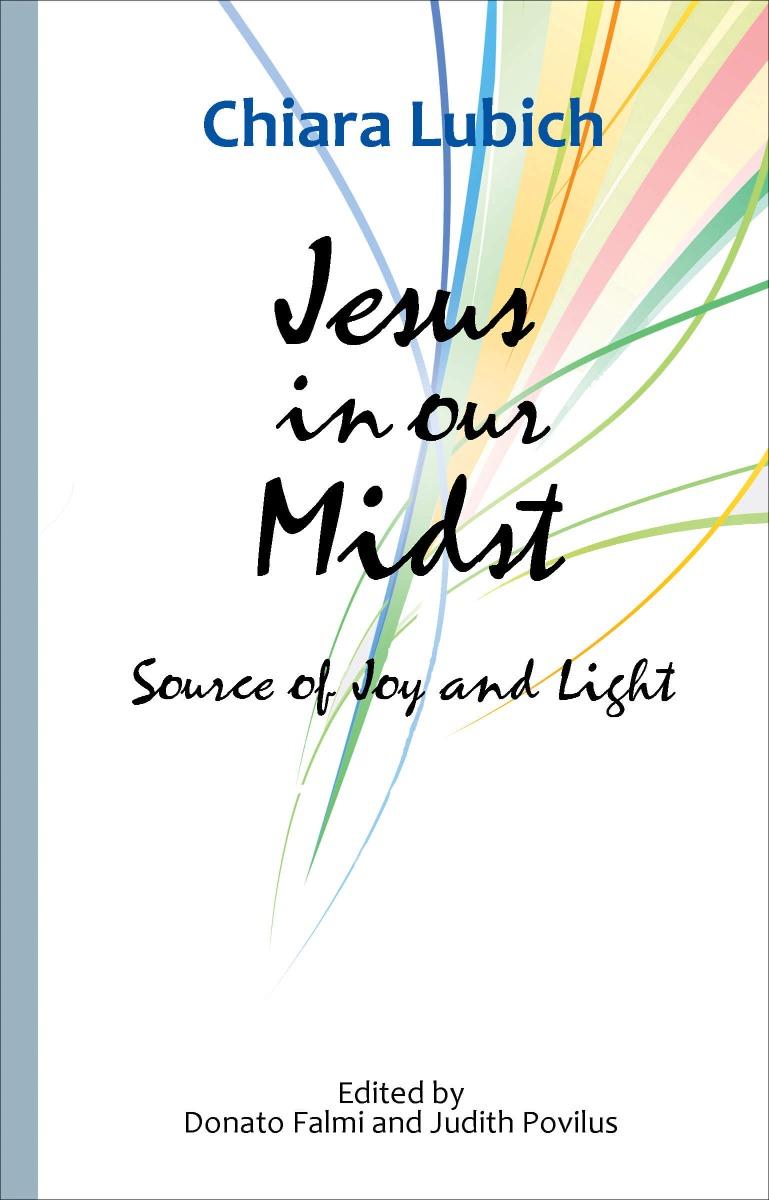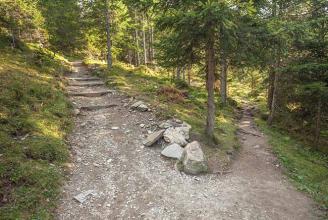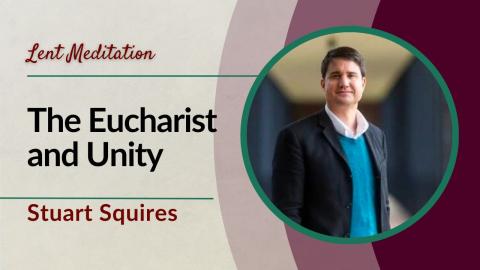Sister Julia Walsh reflects on vocation, discernment, and the mystery of following Christ.
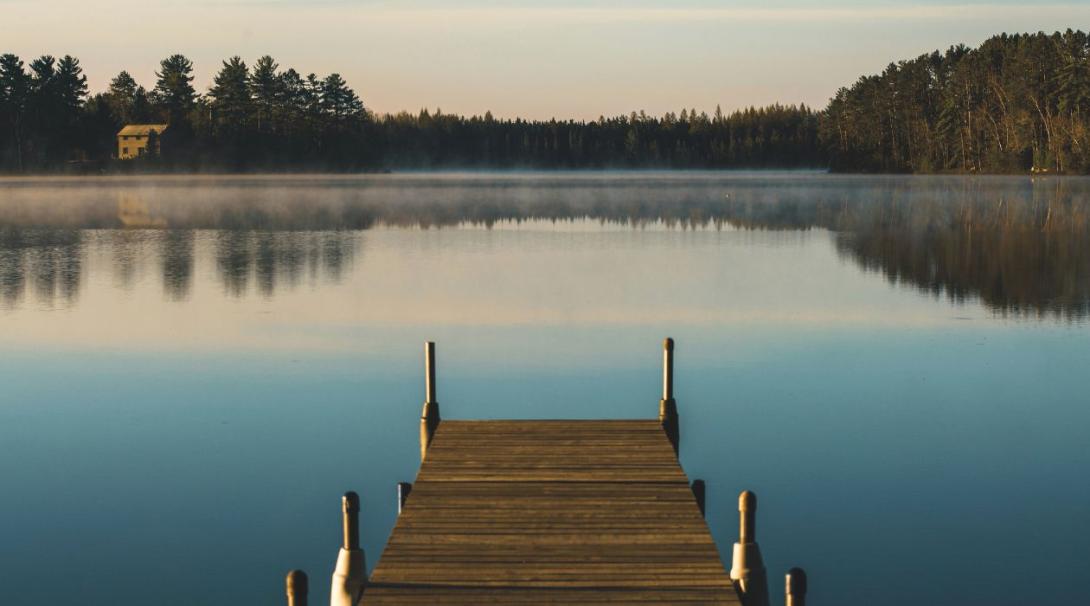
Photo by Rosemary Williams | unsplash.com
I once lived in a lodge in the Northwoods of Wisconsin, tucked into a lakeside cove. The simple log cabin was lined with windows. On clear days, I could see the trees on the other side of the lake, three miles away. Without going outdoors, I could see how the lake expressed its mood with colors and currents. Some days, water lured swimmers, boaters, and fishermen into the bright blue flow with a calm surface. Other days, choppy waves warned everyone that venturing in could be dangerous.
On calm days, my morning prayer routine would bring me onto the water. With a mug of black coffee, my psalm book, journal and pen I’d settle into a kayak and float with the currents, feeling the rising sun warm the water. From the kayak, I could see the sandy lake bottom. I felt awe as I watched fish, loons, ducks, and mergansers move below and above the water. Mostly, I rested into the peace and quiet, feeling the boat and my body pivot with the waves. I’d savor the sacred, imagining that the water was holding me and moving me along, like God.
We all grow and develop as we form our identity, beliefs, and lifestyles. And as we venture, we explore and discover our vocations, our callings. For Christians, this is a journey of discernment—listening and responding to the Spirit’s summons. We know Christ as shepherd and guide, as the Way who compels us into loving service, community and prayer. And in my experience, the work of discerning a vocation is much like being in relationship with a body of water.
Being in relationship with a lake, a stream, a sea—means letting go of control, taking a risk, and entering the water. We allow a mystery bigger than ourselves to have power. Similar to being in relationship with God, aquatic ecosystems can be both giant and mysterious and humble and peaceful. A mighty force, water can foster life or destroy; water can clean, renew, and restore.
In the synoptic Gospels, Jesus invites the apostles to follow him by saying, “Follow me, and I will make you fishers of men.” (Mk. 1:17, etc.). In other words, if we respond to Jesus’ invitation, we will find ourselves in new waters, doing new things. For the apostles this meant being challenged to trust that God would calm stormy seas. Jesus walked on water and raised three people from the dead. Yet, even when the miraculous happened right in front of their faces, the apostles felt fearful and lacked understanding. But their weaknesses didn’t matter. Jesus is living water (Jn. 7:37-39). Christ remains constant, lifegiving, and able to hold his beloveds no matter how they feel or behave.
When it comes to entering a strong body of water, a person who wants to go offshore needs to be a strong swimmer or have a sturdy boat. Similarly, healthy religiosity and practices equip us to navigate the holy mysteries of faith, allowing us to explore new areas and expand our understandings. We’re strengthened for discernment by knowing who we are—our strengths and weaknesses, needs and desires. If a swimmer or boater isn’t honest with themselves about their ability, they could endanger their safety, or their life; likewise, to be in right relationship with God requires humility and honesty.
An aquatic ecosystem is healthy when there is a flow. Much like being in right relationship with another—person, God, or self—currents can flow inward and outward. When water isn’t stagnant, odors and algae can’t overtake other lifeforms. In the same way, the human spirit is nourished by connection, exchange, and reception. Movement keeps us alive. Reciprocity allows for connection, yes, but it’s also a dynamic that renews and allows for balance and health. And when someone is contemplating God’s plan for their life, they ought to be in conversation with God: speaking and listening. This flow ought to deepen the person’s interiority and outreach toward others. A Christian is called to avoid those things that damage relationships (sin), just like an aquatic ecosystem is healthier without pollution. By God’s design, all life is made for flourishing.
Despair, it turns out, is a device of the devil. And the evil one likes to disturb peaceful waters. Our work, then, is to notice what currents are stirring around us, and let that inform how we row our boats
Knowing the currents
Throughout scripture, we learn that God has a plan, a will, for creation. Since my youth, I’ve felt concerned about knowing God’s will for me. As a child and teen, this influenced many of my decisions.
During college, I had a feeling that God was calling me to be a Catholic nun. I knew very little about nuns and religious sisters and didn’t know how to explore it. But I eventually found my way to a convent for a visit. I was a year out of high school and noticed that I almost felt giddy with excitement. I was comfortable with the sisters and in the prayerful environment. In the simple guest room that first night, it dawned on me that I liked my time in the convent more than I enjoyed high school prom. I was feeling a new flow of life-giving energy. This was the current of discerning religious life, of feeling drawn and pulled into a radical lifestyle. I floated in and out of that current during the years that followed. Then I began formation with the Franciscan Sisters of Perpetual Adoration when I was twenty-four.
As I matured, I became more conscious of the different currents flowing in my life. I am still floating in the major currents of Catholic Christianity and Franciscan religious life, yet now I’m more aware of undercurrents and other streams that mix with this flow of discipleship. Some of the streams, such as creativity and a love of nature, enhance my commitment to Christ.
Other waters are murkier. And temptations to feel or look good, along with attractions to particular people or ambitions, are always floating nearby.
If I am not careful and aware, dangerous undercurrents try to pull me away from the moral principles, faith, and Christian commitments that define me. I’ve lost count of how many times I’ve thought about leaving the Church. Over time, these undercurrents and murkier waters have become more apparent to me. I know that these are polluted waters that could drown me. These currents don’t contain waters that keep me pure—true—to myself and my God. By God’s grace, I can choose to avoid these waters and surrender to the current of Christ instead.
St. Ignatius of Loyola (1441-1596) informs how many Christians discern the currents. He taught us to notice which circumstances bring consolation—a sense of God’s peaceful presence, versus desolation—a sense of hopelessness. Despair, it turns out, is a device of the devil. And the evil one likes to disturb peaceful waters. Our work, then, is to notice what currents are stirring around us, and let that inform how we row our boats.
Surrendering to the mystery
As I navigate the waters of life more and more, I gain a sense that maturity has brought me into great depth and mystery. Maybe this is why I am less certain about the meaning of words like “vocation” and “call” than I once was. (And, yes, I serve as a vocation minister.)
Now I’m more trusting of my ability to stay afloat—even if there’s a mysterious depth nearby. I’ve grown to trust in God, to know that faith is trust. Plus, I know what it’s like to suddenly find oneself in new waters, making new discoveries. So when I learn that someone has decided to make a major change, such as becoming divorced or leaving religious life, I trust that they’ve made a good discernment and that the currents of their life have brought them to new places. Does this mean that vocations and callings are sometimes seasonal? Possibly. When you are in a relationship with a giant body of water, it is often better to accept that you can never know all that is there, to allow for mystery.
Floating in the kayak in the lake for my morning prayer, I delighted in drifting along. When the waves rocked the boat, I imagined God was rocking me in his arms. Sometimes I would allow the current to take me where it pleased. Most often, I’d drift to the same spot—an area of rocky, low water not far from the shore. Neighbors had built a campfire ring there and I could see logs poking through the grass under the trees. This nook became very familiar, and I learned to trust the lake and its currents. Knowing the lake well meant that I understood I could let go of control.
No matter where the currents of Christ pull us, we can trust that God will help us get where we need to go. Sometimes we row, sometimes we rest. And no matter where we drift, we are held.





